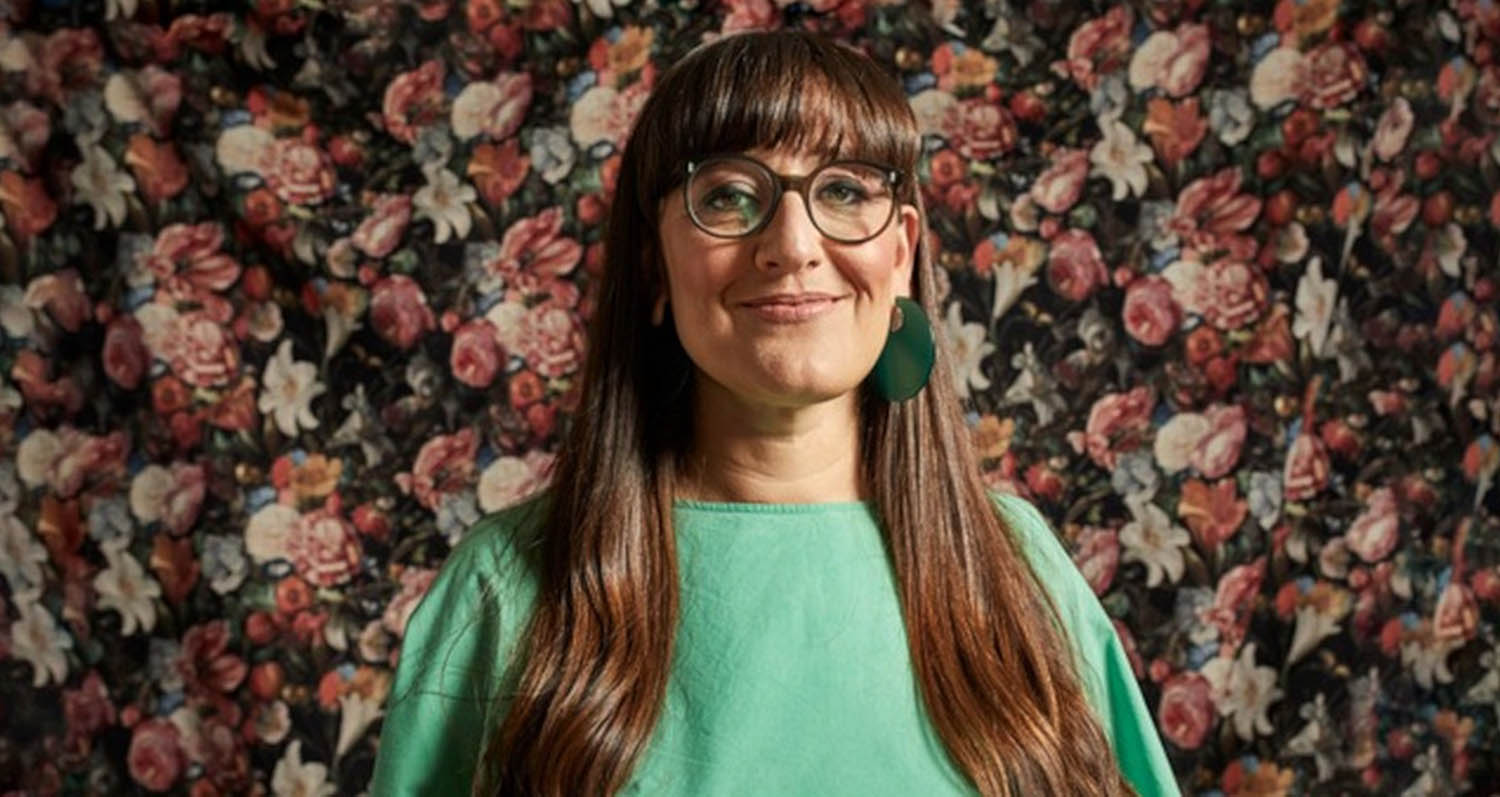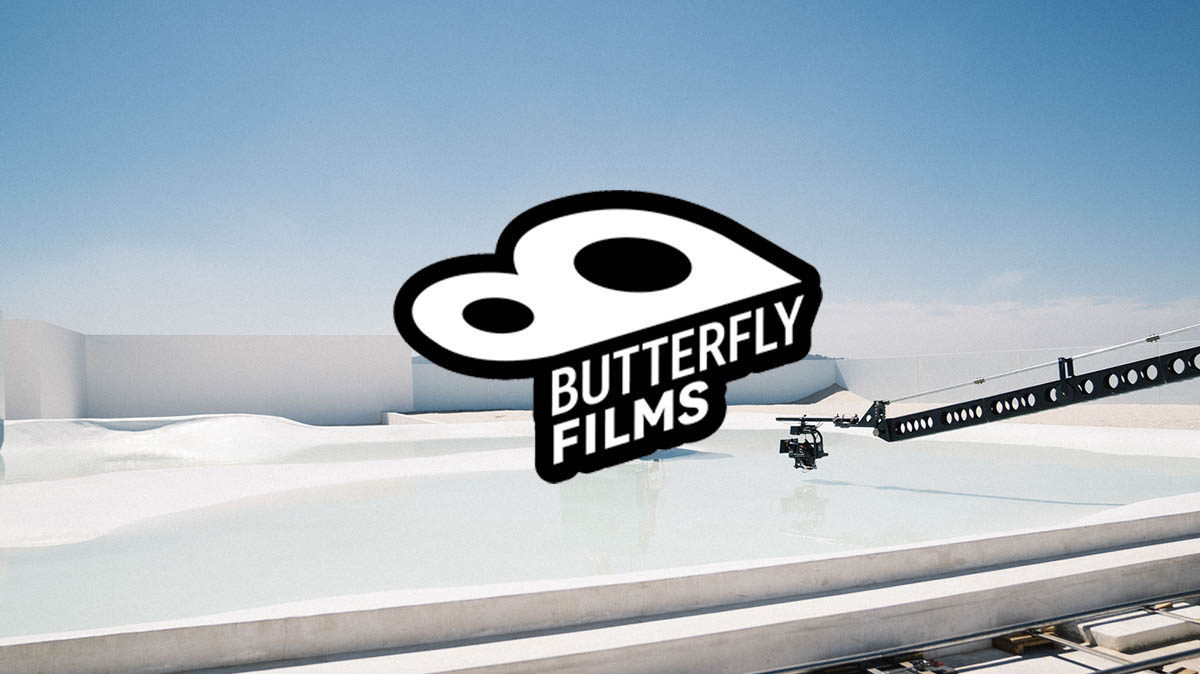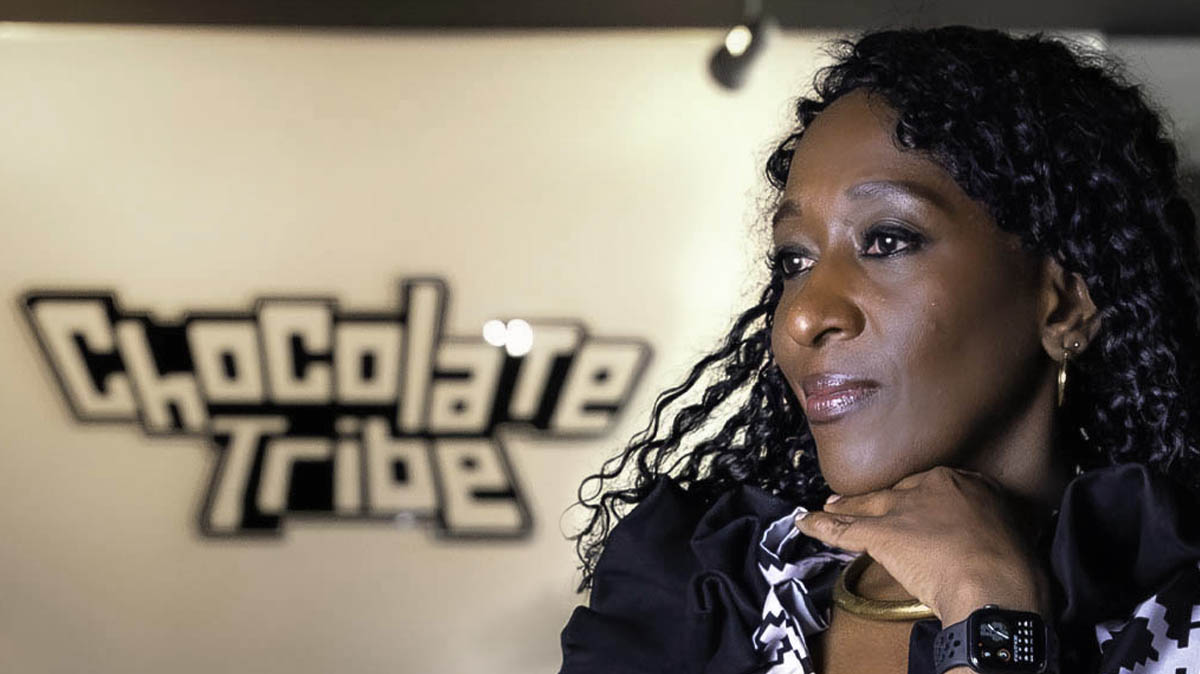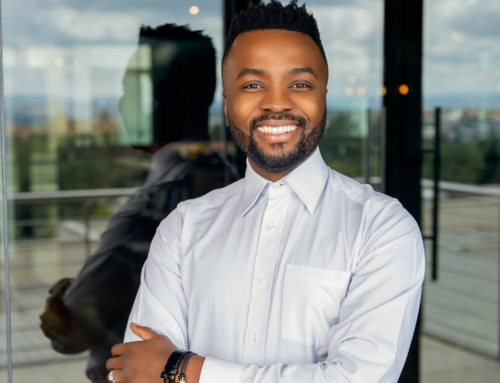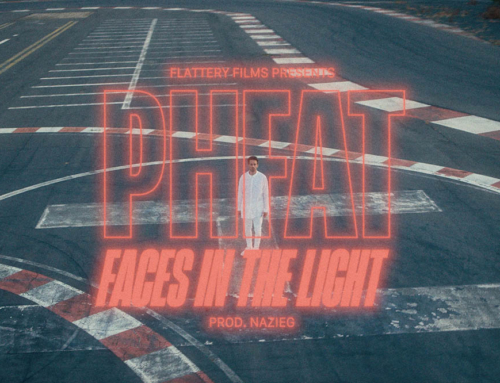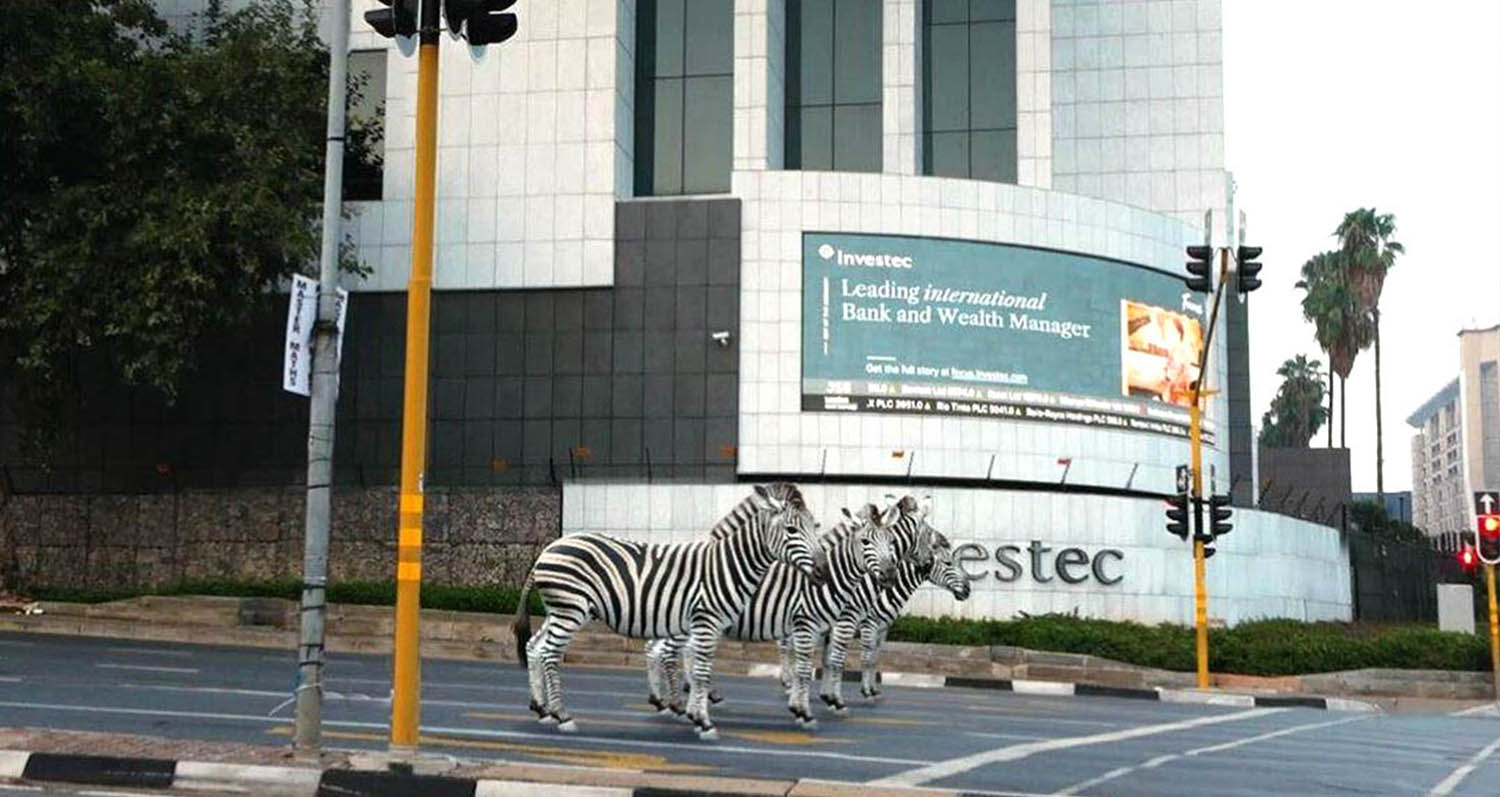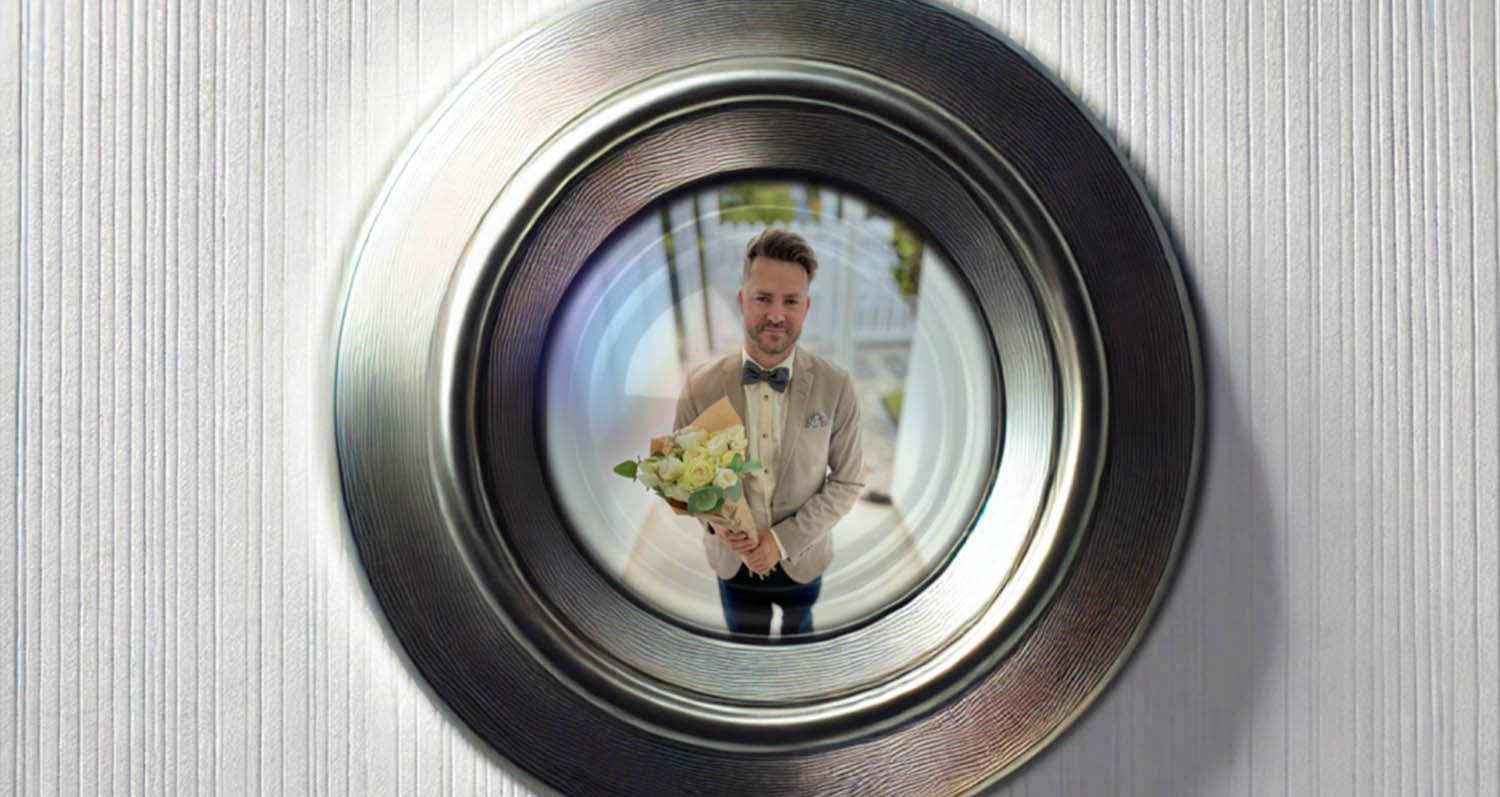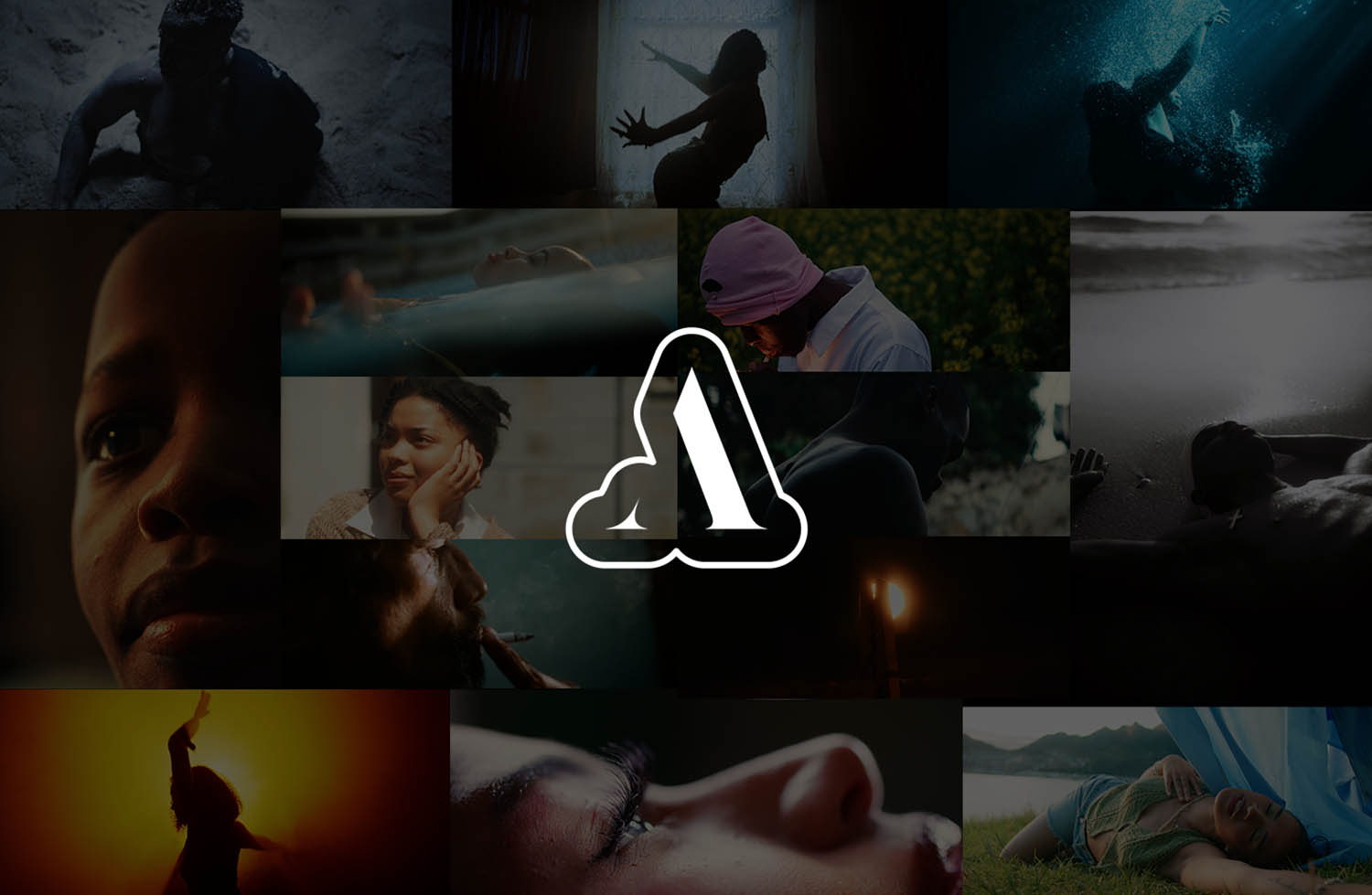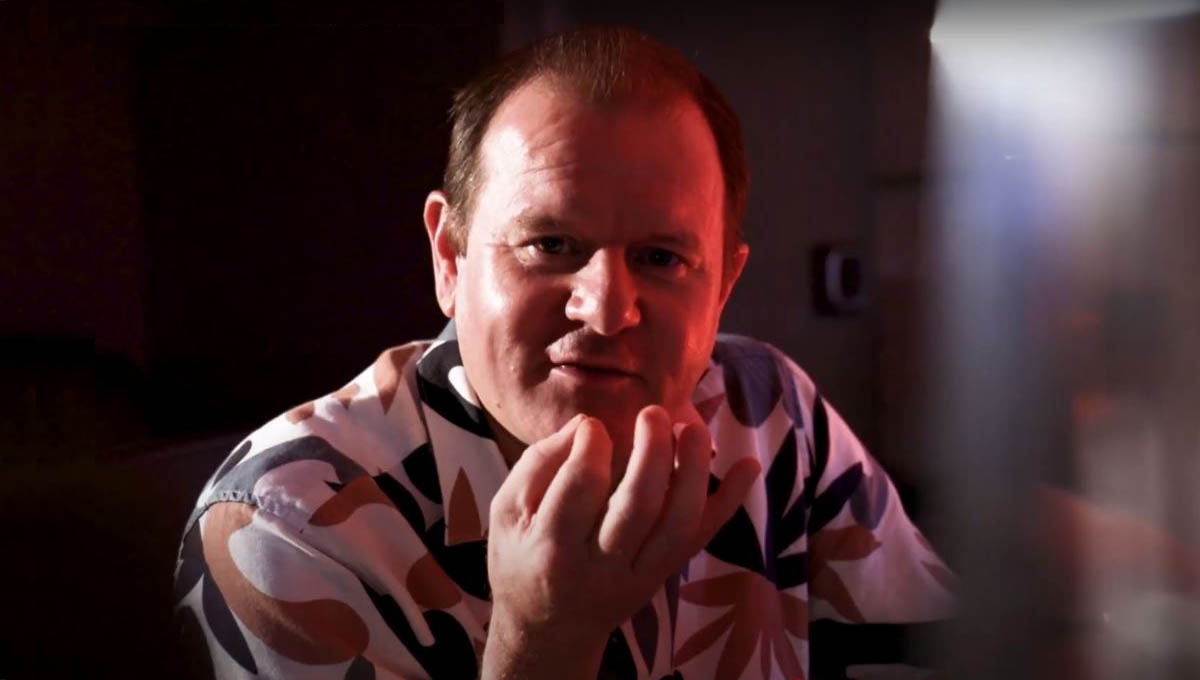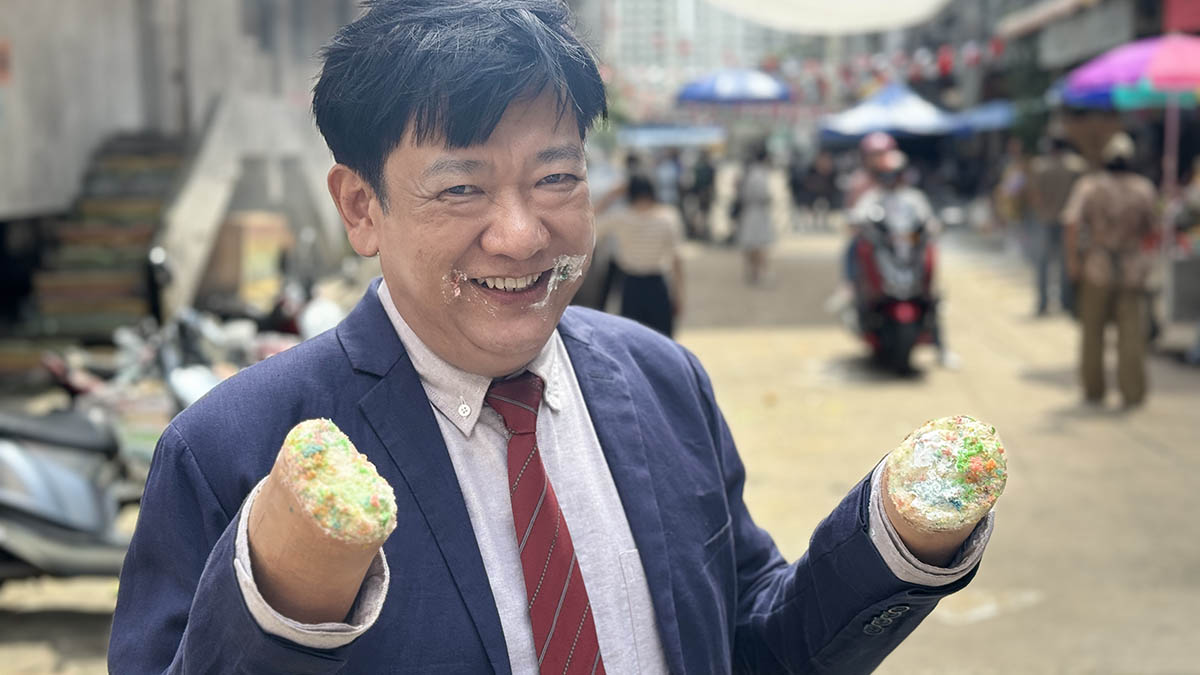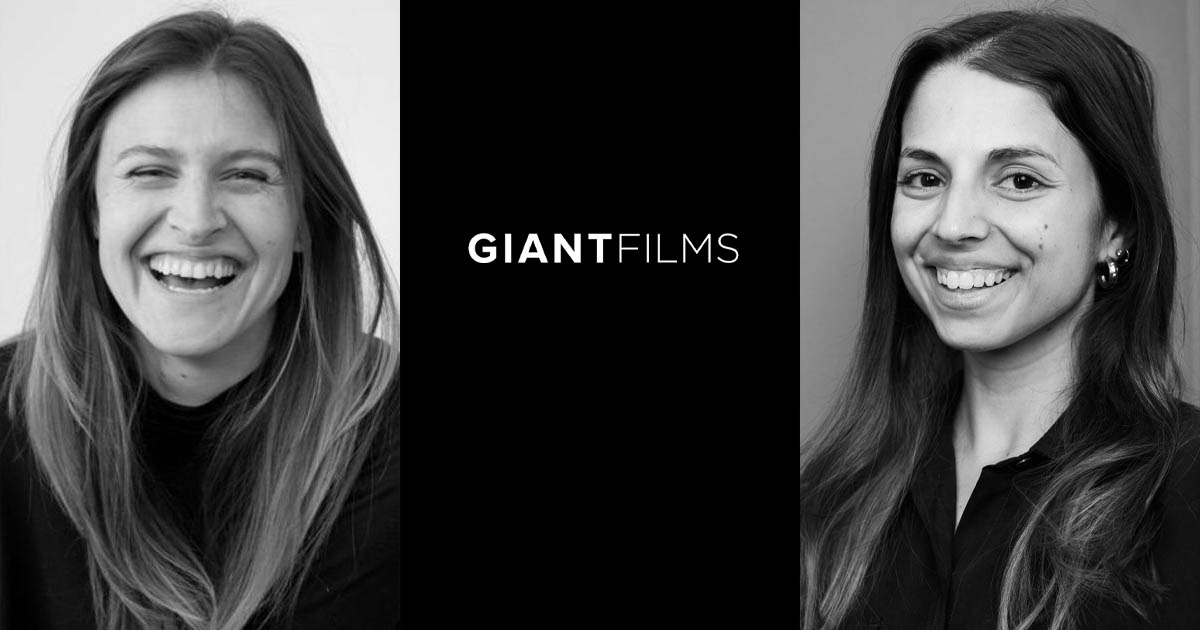
Directors on Directors | Karien Cherry and Jessie Zinn
Giant Films have announced the signing of award-winning documentary filmmaker Jessie Zinn for commercial representation. Jessie may be new to the commercial world but she is not new to filmmaking by any means – her latest documentary ‘Drummies’ is a short film that has just been acquired by the New Yorker (yes, the actual New Yorker!) The film follows the drum majorettes of Cape Town’s Groote Schuur Primary School and, according to Jessie, is a meditation on the meaning behind sports in a Post-Apartheid South Africa as three young women muse on their hopes and dreams. Have a watch.
Drummies
With the release of ‘Drummies’, we brought in the big guns to go face-to-face with the new Giant and find out what someone so accomplished in the doccie space is bringing to the commercial world. One of South Africa’s accomplished commercial directors and fellow Giant, Karien Cherry, talks to Jessie about the film, the pursuit of truth and how (spoiler alert) their fear of failure drives them to do great work.
The pursuit of truth OR not having egg on your face
Karien: I was blown away by the formal treatment of your documentary ‘Drummies’. It showed me a world that I’m familiar with but in a way that I had never seen it before. Often, when watching commercials I find everything feels very similar to me, everything looks similar, shot the same, graded the same way. It’s a precious thing to find someone who has such a unique perspective on South Africa, our world and our reality, and to be able to show that to us in a way that is as engaging as you have. What have some of your influences been?
Jessie: I am a theatre nerd and I grew up in the theatre world in Cape Town. It was only when I went to university, where I studied Drama and had the opportunity to pick up a camera for the first time. It was my first exposure to the world of film essentially. I do a lot of documentary work but my influences often come from commercials and fiction. I think some of the best commercial directors are informed by longform narrative world, like Miles Jay for example. I’m a big fan of Andrea Arnold who I think is one of the best directors out there. She’s primarily a fiction filmmaker but her films have this real sense of truth to them, it’s an edge and grit that exists in the footage that you can’t quite put your finger on. I also love this director in South Africa named Karien Cherry.
Karien: I’m not paying her to say that!
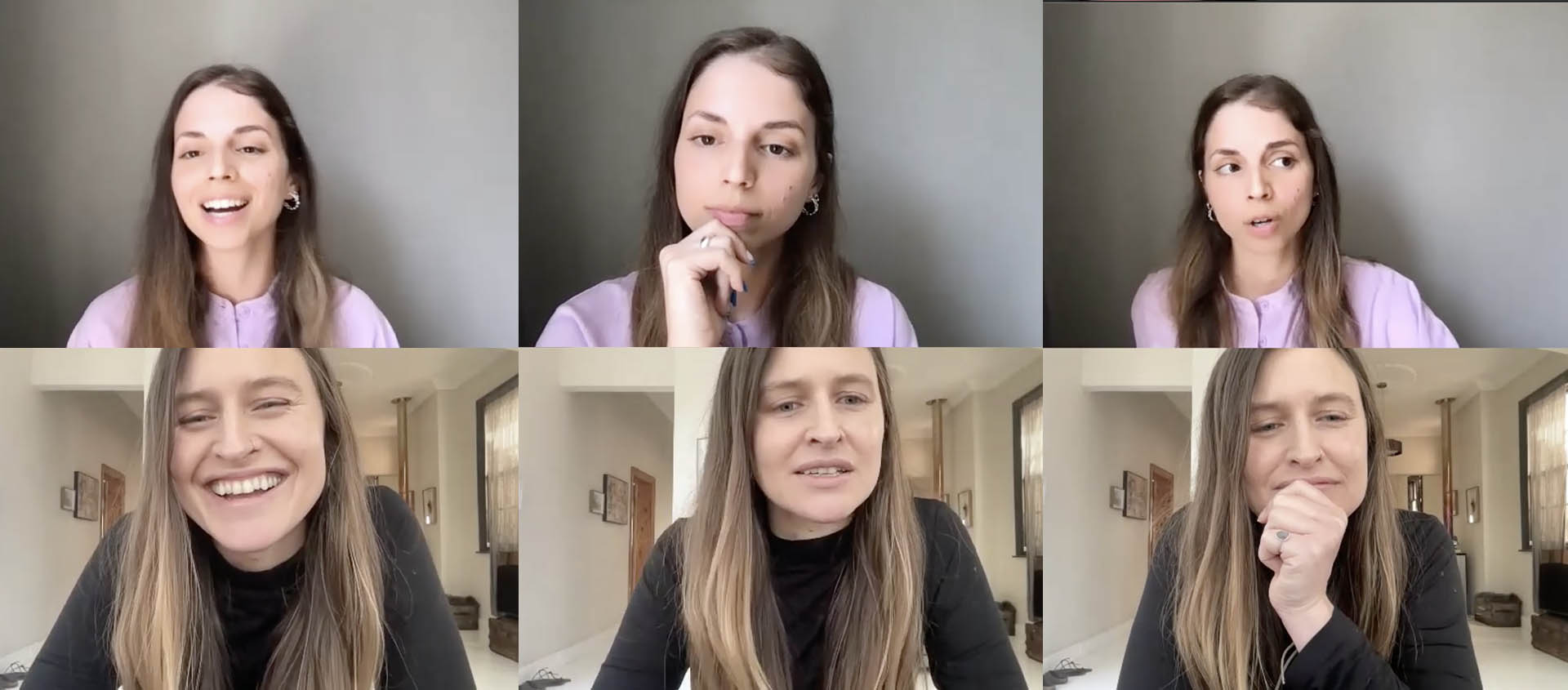
Karien: For whatever reason, many people seem to think that documentary filmmaking is just cheap lighting and a handheld camera 
Jessie: I don’t think there is a definitive example of what doccie is and that’s the point to me.
Karien: So how do you define documentary as a form?
Jessie: I guess the correct description according to ‘doccie people’ would be “the creative application of some sort of truth”. That’s the broader definition and what I try to do at least. For me, documentary provides a playful medium to really have fun with storytelling and push genre boundaries, but of course, it always has to be grounded in some sort of truth.
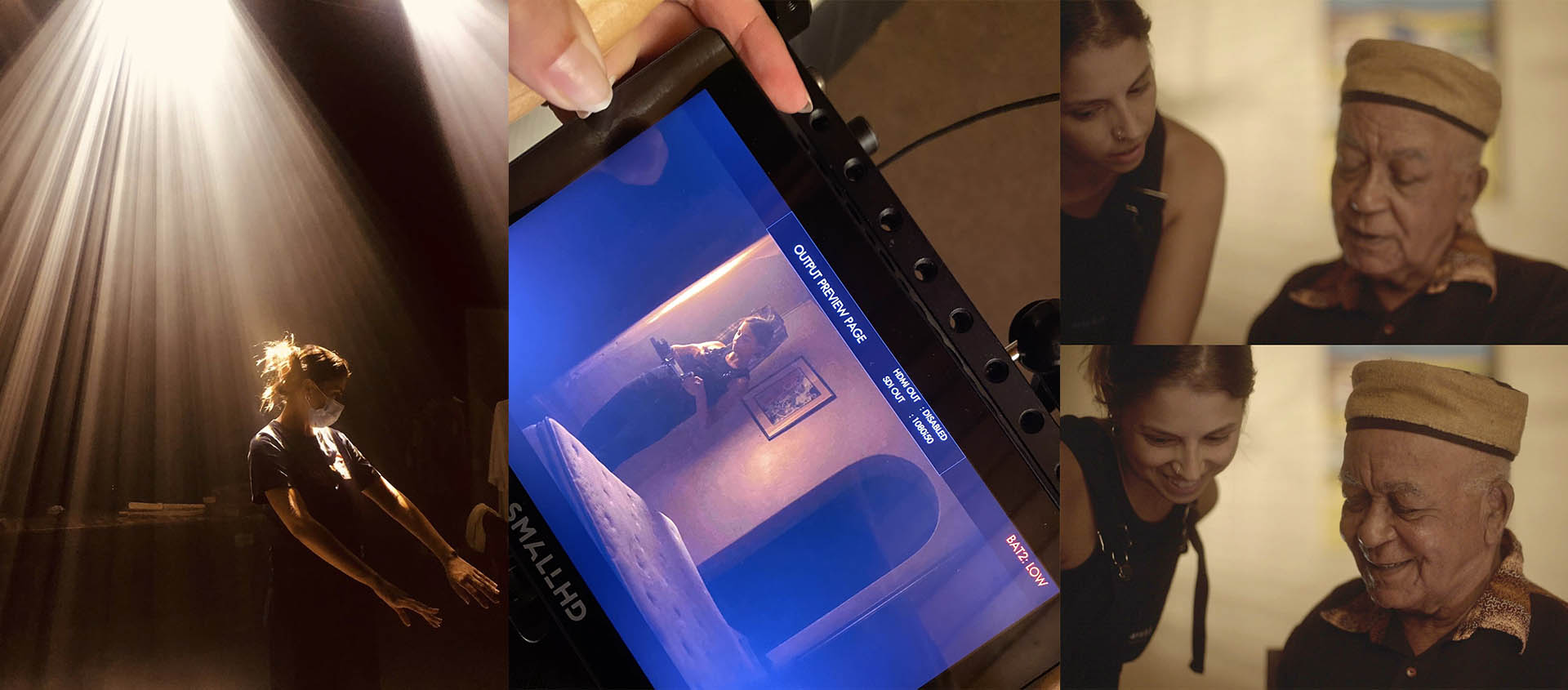
Behind the Scenes for “Faces of Fortune”, Jessie’s new short doccie about one of South Africa’s most prolific drag queens, Terry Fortune. The film is funded by the Department of Sports, Arts & Culture (DSAC) and the National Film and Video Foundation (NFVF). The film is currently in post-production.
Karien: It’s interesting to see how that pursuit of truth translates in a fictional commercial story.
Jessie: Irrespective of whether it’s a 30″ spot or a 15-minute documentary, there is always a duty to honour the truth of what you’re capturing rather than imposing some sort of outside version of truth onto it. And I think that truth is gathered and created through listening to the situation, the people you’re filming with and the people around you. That all forms part of the vision of truth that will eventually end up on camera, whether a doccie or a commercial.
Karien: And I think you can apply that principle of listening to agency relationships too. Sometimes as directors we come to a project with our own ideas but ultimately, we are there to serve someone else’s idea. I think that is a quality that is rare, but so important. It’s not an us-and-them scenario, it’s something we want to create together.
Jessie: It can be a risk as you know, listening and being open to things changing. But also, being proven wrong in your creative process, it’s a humbling experience but we have to be open to it. It’s a radical honesty that is required and a suspension of ego.
Karien: It’s a relentless pursuit of the truth. I am constantly questioning everything!
Jessie: The thing with documentary that is so beautiful, is that it is a medium that understands the nature of constantly evolving stories. It’s a medium that understands that as you go along in the process, things will change and you always must be susceptible to change and able to make that change.
Karien: That’s a quality that will serve you well in commercials – the ability to pivot quickly and evolve and deal with things as they come is gold. When I watch your work it is obvious to me that you are a filmmaker in the truest sense in that you’re a problem solver. Someone once said to me that 90% of filmmaking is problem-solving – a great idea and a good vision is wonderful, but you have to be able to execute it. Especially with the time parameters we have in commercials.
Jessie: Oh man, 99.9% is problem-solving. Sometimes I think the process of making commercials or any film is a constant pursuit of making it not bad, ha-ha.
Karien: Ha-ha yes. The pursuit of not having egg on your face.
Jessie: Yes, you’re just slowly but surely trying to mould it into something that is good.
Karien: You’re revealing our deep fear of failure here!
Jessie Did That
Wavelenghts (Short Film)
The Gallery that Destroys All Shame
Documentary to commercial
Karien: Your work, although it deals with a lot of serious topics, has a lightness and a humanity to it which I love. And there are nuanced differences in how you bring things to life, but whether it’s commercial or longform, is it that pursuit of truth that drives you?
Jessie: Always yes. The process for doccie and commercial, to me, is a very similar process. I just recently shot a commercial campaign in Mauritius and got thrown onto the project two days before we flew. I was reminded again how every single process that I use in doccie I apply to commercial directing.
Karien: You are incredibly accomplished in the documentary space and I think you offer a lot in the commercial world. What kind of commercial work are you interested in making?
Jessie: I love working with people and telling stories, so branded content that has a documentary aspect to it is really the dream. I think there is space for different approaches to that kind of storytelling and that’s really what I’m interested in. I’m interested in matching story with form. Instead of imposing genre conventions onto a story, I try and really think about what the story needs. For me, a piece is successful if I can sit and watch it and feel on some level moved and that I’ve been taken through a journey, whether it’s a comedy spot or a documentary.
Karien: One of the things I love about your work is that you’re able to access the inner world of your characters. That’s what your filmmaking does, it’s about giving us a sense of character and communicating what the inner world of that story is about.
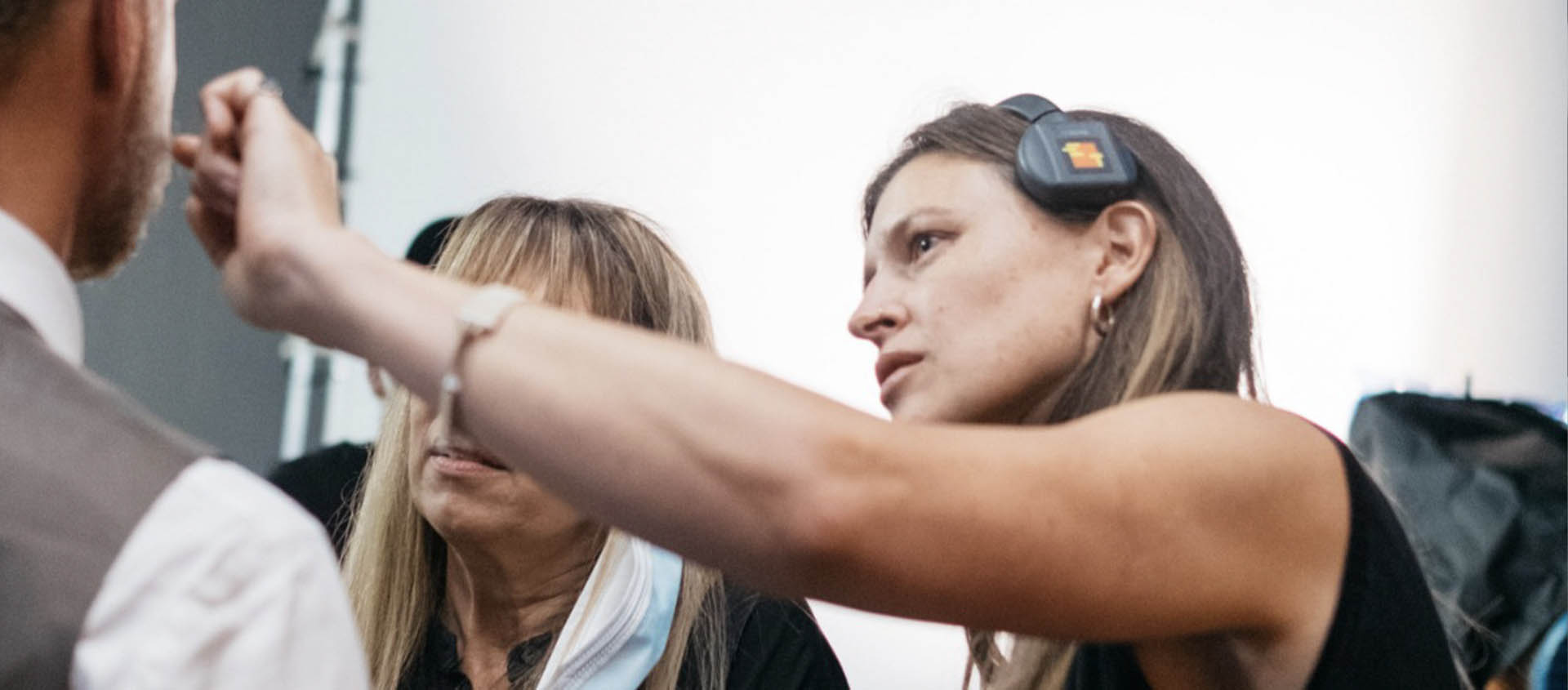
Karien Cherry on set
IDIDTHAT: So Karien, what advice would you give Jessie going forward as a commercial director?
Karien: That’s a tough one. Well, the advice I got early in my career and that was extremely helpful to me was do everything. Whatever comes your way, take it and do it to the best of your ability. You will learn a lot and you’ll build relationships. My career has been built on seizing opportunities. A lot of my best work was work that other people turned down, or that other people didn’t think was possible. Take it and do it – that’s probably the best piece of advice, but it’s also an attitude.
Jessie: Yes, and I think owning your process is important too. You’ve said this to me before, but having an understanding of all the processes and steps of making projects come to life. From editing and camera work and everything in between, I think it’s crucial to have an understanding, because it makes you a better director.
We could honestly listen to these two talk about their craft the entire day and can’t wait to see what Jessie brings to the commercial space, especially with the mighty production backing of Giant Films. Here’s to not ever having egg on your face!
Wanna (s)talk some more? Giant on IDIDTHAT and Company Website.
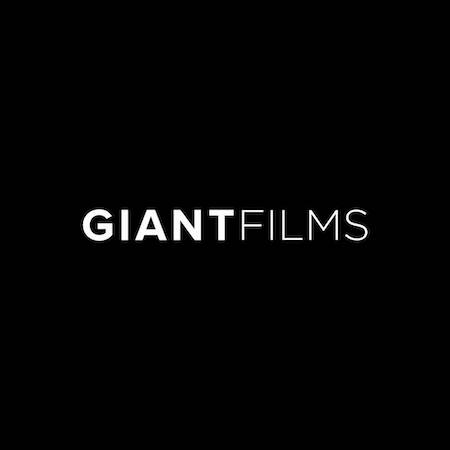
Contact Giant Films
Executive Producer: Emma Lundy
emma@giantfilms.tv
+ 27 83 309 3630
Executive Producer: Cindy Gabriel
cindy@giantfilms.tv
+27 83 601 1511
View IDIDTHAT Profile
View Website
Produced by the IDIDTHAT Content Studio – Credits: Anne Hirsch (Writer) / Julie Maunder
*This content may not be reproduced or used in any part without the prior written consent of IDIDTHAT. Reprints must credit I DID THAT.co (ididthat.co) as the original publisher of this editorial piece and include a link to this site.
This Editorial is paid for by Giant Films. Want our studio to create content that puts your agency/company/kickass ad you made in bright lights for the whole industry to see? View or editorial packages or contact julie@ididthat.co and we’ll make it happen! #Boom

